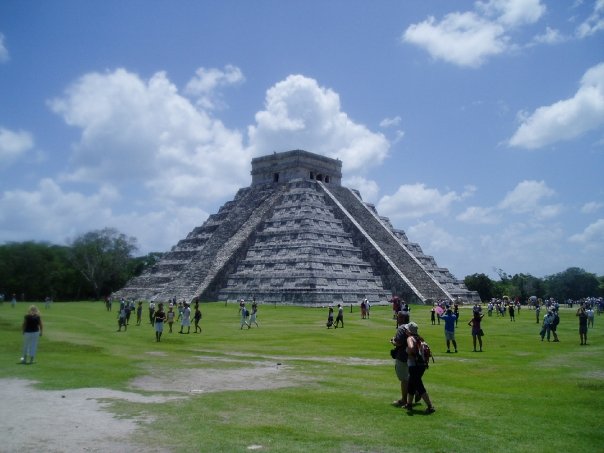For reasons I can’t explain, this didn’t get posted yesterday. Sorry about that.
The Song of Ice and Fire series by George R.R. Martin is ultimately a story about royal succession. If you’re a fan of the Game of Thrones, you can likely describe exactly who has tried to claim the iron throne, what their reasoning was, and likely how lordly succession works. You know how the Dothrocki are ruled, how the free cities are controlled, and even how the the Wyldlings are governed. Many people don’t know how their own government works, so why do we know so much about Game of Thrones governments?
First, Martin created interesting characters who have believable motivations for us to get behind. Even the characters we don’t like have a good reason doing what their doing. Cersei is just trying to do what she thinks is best for her children. Tyrion is working for the good of not just his family, but for the people of the realm. Stannis honestly believes he is the legitimate heir to the throne. Renley believes he is actually the best choice for king. Robb has no interest in the iron throne, but believes he is doing what’s best for his bannermen and lords. The Greyjoys are trying to recapture their glory days. Humanizing the government with interesting characters is the key.
Second, the government isn’t a monolith. Even minor characters are given names, personalities, and motivations. They aren’t all on the same page. They disagree with each other, and even work against each other. Even allies work against one another, believing that they are doing what’s right by their friend.
Third, Martin made even the small details of governing interesting. The kingdom’s broke. The Lannisters’ mines are dry. Tyrion works tirelessly to figure out how to keep the economy of King’s Landing going during a time of war. These could be drawn out, boring, and painful, but Martin again humanizes it. When the economy fails, we see the effects on the populace. We feel uncomfortable as the wealthy aristocracy feasts for royal favor while the rest of the population starves. We struggle with Tyrion as he’s demonized, even though he’s desperately trying to make the whole thing work again.
Fourth, resist the urge to make the government an entity for good or evil. In this age, it’s a common trope to make the government an evil conspiracy bent on destroying the rights of the people. The alternative seems to be that the government is some sort of epic force for good. In reality, the government is made up of people, who have their own motivations. There will be greedy people, vengeful people, generous people, passionate people, bored people, and almost every other kind of person you can imagine. The government could generally be doing good things, but sanction slavery or be brutal in the application of punishment.
Don’t fall into the trap of having a boring and dry government in your setting. By humanizing the government, you can give depth and form to your setting. Look at how the government can motivate your characters or the plot. Rooting out a conspiracy doing something horrible within a generally good government is the basic plot of my first book. The local lord might be a terrible person, but perhaps the city guards are generally a good bunch of people. The dictator may be genuinely motivated by the good of the people. The police may be good in some areas, horrible in others, or could be totally overwhelmed and useless in others.
Next week, I’m going to compare and contrast two different governments in my setting, both theocracies. See you next week!


